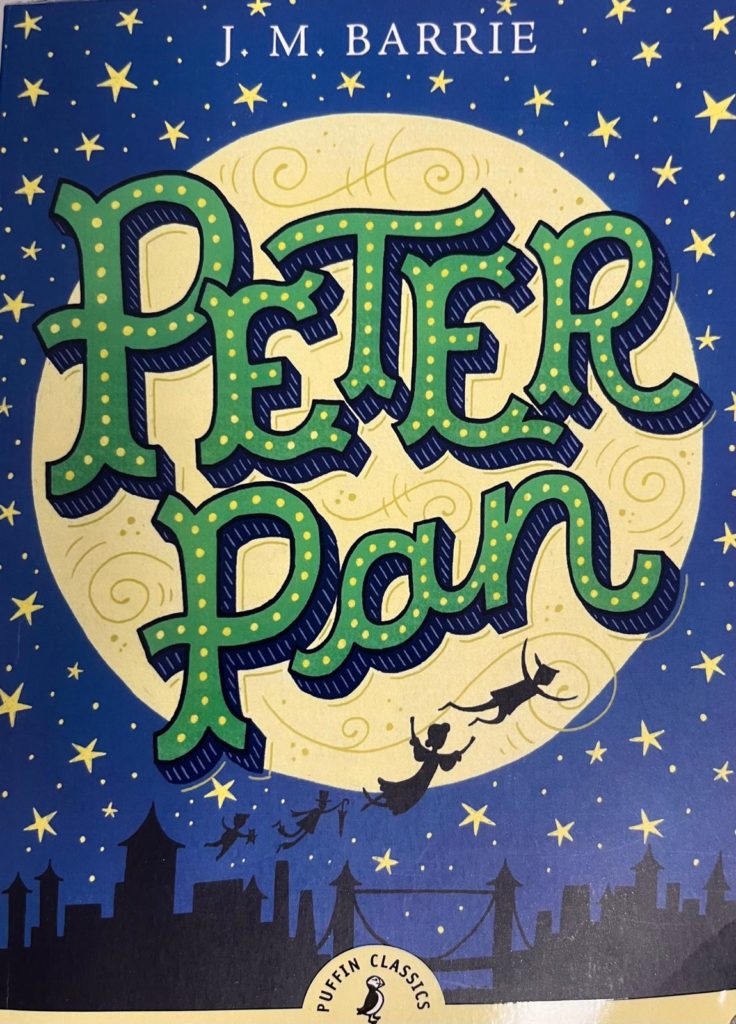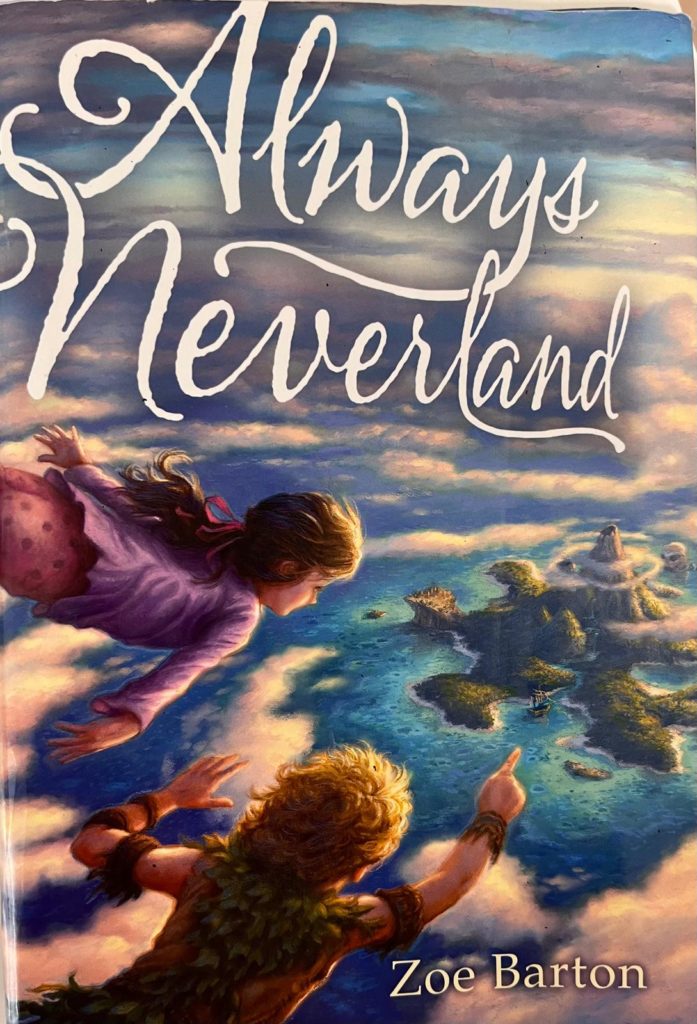Bachelorarbeit von Gioia Senese
My paper was inspired by the ongoing debate over editing children’s literary classics and the importance of literature for children’s cultural understanding. Therefore, the portrayals of female characters in the classic children’s book Peter Pan (1911) and its contemporary rewriting Always Neverland (2011) were analysed with the aim to highlight their differences and relate these to real societal changes affecting gender norms. Embedded within the research area of Literary and Cultural Studies, this investigation consisted of a feminist close reading employing theories from Gender Studies.
The analysis revealed that the compliant Wendy assumes the mother role and remains a passive bystander of the boys’ adventures due to her internalised gender norms. In contrast, the rebellious Ashley embodies the contemporary position of girls and women in a patriarchal society, challenging traditional views on gender. Ashley crosses social boundaries and is eventually accepted into society, alluding to societal changes that have occurred in the century between the publications. This shift resulted in the increased agency and autonomy of female literary characters, whose portrayals, in turn, encourage children to embrace their individuality.


Manifestations of traditional gender norms in Neverland’s society can be found in the Lost Boys‘ assumptions about women’s role in society:
„First things first,“ I said. „To be a mother, I need some paper.“
Barton 2011, 60.
„Paper?“ Prank repeated, confused.
„Not the apron?“ Dibs said. „You mean the apron, right?“
„Dibs, get your mother paper!“ Peter ordered.
Ashley, however, grew up in contemporary society where girls and women have freedom of self-expression beyond motherhood. She, therefore, defies the sexist treatment from Peter and the Lost Boys:
„Don’t worry, Wendy girl. You don’t need to do anything,“ Peter said, suddenly very superior and smug. He swung his sword magnificently. „We’ll protext you.“
Barton 2011, 94.
I glared at him. If he was going to fight, I wasn’t going to hide in the tree […]
Kontakt: gioia@senese.ch